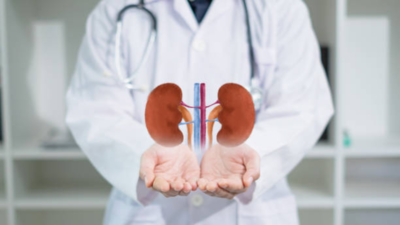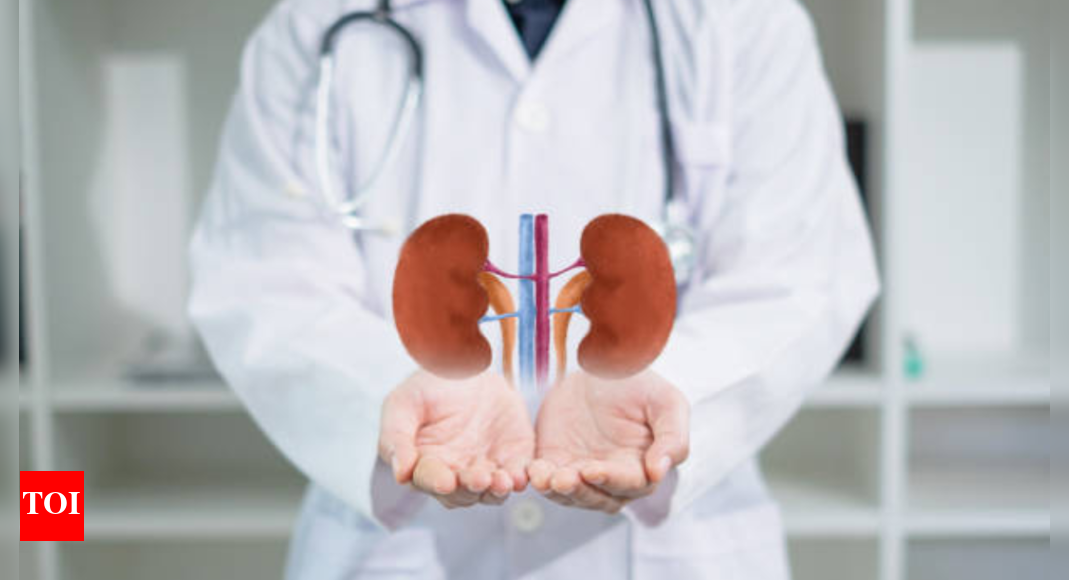 Creatine is a substance naturally found in muscle and the brain, and it’s commonly added as a supplement to improve athletic performance and muscle growth. The kidneys clear both natural and supplemental creatine (and its byproduct, creatinine) from the blood, explains MayoClinic, so it makes sense to wonder if adding extra strain to the kidneys with supplemental creatine could cause harm—especially over time or at high doses.10 health benefits of drinking lemon water every day
Creatine is a substance naturally found in muscle and the brain, and it’s commonly added as a supplement to improve athletic performance and muscle growth. The kidneys clear both natural and supplemental creatine (and its byproduct, creatinine) from the blood, explains MayoClinic, so it makes sense to wonder if adding extra strain to the kidneys with supplemental creatine could cause harm—especially over time or at high doses.10 health benefits of drinking lemon water every day
Is creatine safe for the kidneys?
Creatine supplementation at standard dosages (usually 3-5 grams per day after loading) does not cause kidney damage or lead to renal dysfunction in healthy individuals, according to a study published in the Journal of the International Society of Sports Nutrition. Studies have shown that even over years of safe, recommended use, there is no connection between creatine and harmful changes in kidney function in people with no prior kidney issues.
‘Awareness is the Key to Healthy Kidneys’: Expert’s Vital Message on World Kidney Day
Health authorities underline the difference between healthy individuals and those with a kidney condition. Anyone with kidney disease or even mildly reduced kidney function should avoid creatine unless a doctor specifically clears its use.
Poll
Do you believe creatine supplements are safe for healthy individuals?
Why the concern? Creatinine levels explained
Creatine is converted into creatinine in the body, which is then filtered out by the kidneys. High blood creatinine levels typically signal issues with kidney function. However, supplementing with creatine can raise blood creatinine even when the kidneys are working perfectly—this is a harmless, expected effect and can lead to “false alarms” in bloodwork.Healthcare providers know this and will look at the bigger picture, not just elevated creatinine on its own, before reaching conclusions about kidney health.
How to keep kidneys happy on creatine
To make sure creatine doesn’t cause trouble:Stick to recommended doses: Do not exceed the standard maintenance dose (3-5g daily).Stay hydrated: Drink plenty of water, as dehydration stresses the kidneys—especially during exercise.Avoid if you have kidney issues: Do not use creatine if diagnosed with kidney disease or at high risk, unless prescribed by a physician.Monitor bloodwork: If using creatine long-term, ask for regular kidney function tests (including eGFR, creatinine, and urea levels) during medical checkups.Report unusual symptoms: Sudden swelling, high blood pressure, dark urine, or reduced urine output should prompt a quick doctor’s visit—stop supplementation until cleared.Used properly, creatine is considered safe for healthy adults, but it pays to respect kidney function, use only recommended doses, stay hydrated, get regular checkups, and never use with known kidney issues unless a healthcare provider approves. That’s how to enjoy the benefits without backfiring on kidney health.

